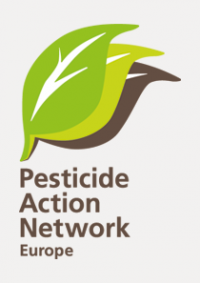Integrated Pest Management means moving away from killing towards managing pest populations. Integrated Pest Management (IPM), if applied correctly, is a sustainable way to protect crops based on applying good agronomic practices to enhance plant resilience, the forecasting and monitoring of pest population development and the use of mechanical as well as biological alternatives to synthetic pesticides. Synthetic pesticides are then only used as a last resort in pest control. These approaches form part of a sustainable and regenerative agriculture system to preserve biodiversity and produce food for future generations. It builds on the principle of working with nature.
The principle of IPM is defined in the Directive 2009/128/EC on the Sustainable Use of Pesticides (SUD) by being based upon farmers applying agronomic practices like long crop rotations, cover crops, use of resistant cultivar, well designed seeding timetable, protection and enhancement of beneficial insects and utilization of ecological infrastructure both inside and outside the fields, and the use of biocontrol technologies.
These techniques need to be applied and thought in combination, not separately. That is the complexity but also the joy of being a farmer working with nature.
